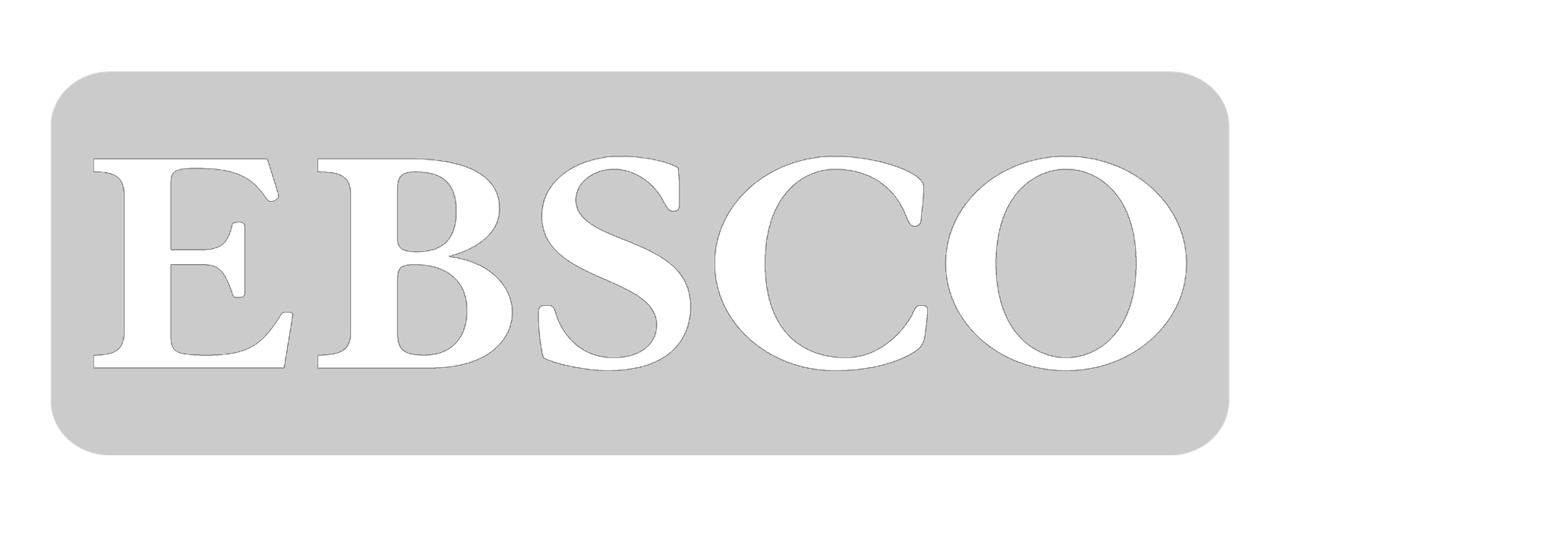Acomodación lingüística en la comunicación electrónica: El papel de la lengua y el género 
Palabras clave:
Comunicación electrónica, acomodación lingüística, estudios de género, estudios interculturales, español-inglésResumen
Este estudio forma parte de una investigación en curso centrada en analizar el papel de la cultura y el género en cómo se moldea la participación en la comunicación electrónica. El objetivo de este artículo es determinar en qué medida participantes femeninos y masculinos en grupos de ayuda en línea para hombres y mujeres adaptan su comportamiento lingüístico a los demás miembros de la comunidad buscando aprobación social, gustar a los demás e integración. En un corpus formado por interacciones de adultos en grupos de ayuda se observa acomodación lingüística a nivel estructural. Además, un análisis del discurso comparando interacciones en español peninsular e inglés tratará de determinar si esta acomodación, un fenómeno bien documentado en inglés, es una práctica común en español peninsular, donde no se han realizado investigaciones sistemáticas en este campo. Los resultados muestran que, en general, las mujeres convergen más que los hombres en la estructura del foro de discusión. Sin embargo, existen diferencias interculturales en cuanto a la acomodación. Los participantes en español, tanto hombres como mujeres, convergen más destacadamente en los elementos estructurales que en inglés. El estudio sobre acomodación lingüística se complementa con un análisis del discurso que resalta el estilo íntimo, personal y emocionalmente expresivo de los mensajes escritos por mujeres y que favorece las buenas relaciones en lugar del mero intercambio de información, tendencia ya identificada por Tannen (1991) en las conversaciones cara a cara entre mujeres.
Descargas
Publicado
Cómo citar
Número
Sección
Licencia
Aquellos autores que tengan publicaciones con esta revista, aceptan los términos siguientes:
- Los autores conservarán sus derechos de autor y garantizarán a la revista el derecho de primera publicación de su obra por medio de este documento de cesión de derechos de autoría, el cuál estará simultáneamente sujeto a la licencia de reconocimiento de Creative Commons que permite a terceros compartir la obra siempre que se indique su autor y su primera publicación esta revista.
- Los autores podrán adoptar otros acuerdos de licencia no exclusiva de distribución de la versión de la obra publicada (p. ej.: depositarla en un repositorio institucional o publicarla en un volumen monográfico) siempre que se indique la publicación inicial en esta revista.
- Se permite y recomienda a los autores difundir su obra a través de Internet (p. ej.: en publicaciones institucionales o en su página web) antes y durante el proceso de envío, lo cual puede producir intercambios interesantes y aumentar las citas de la obra publicada. (Véase el efecto del acceso abierto).










